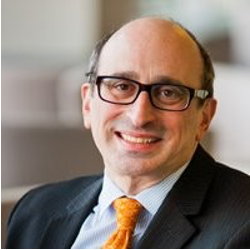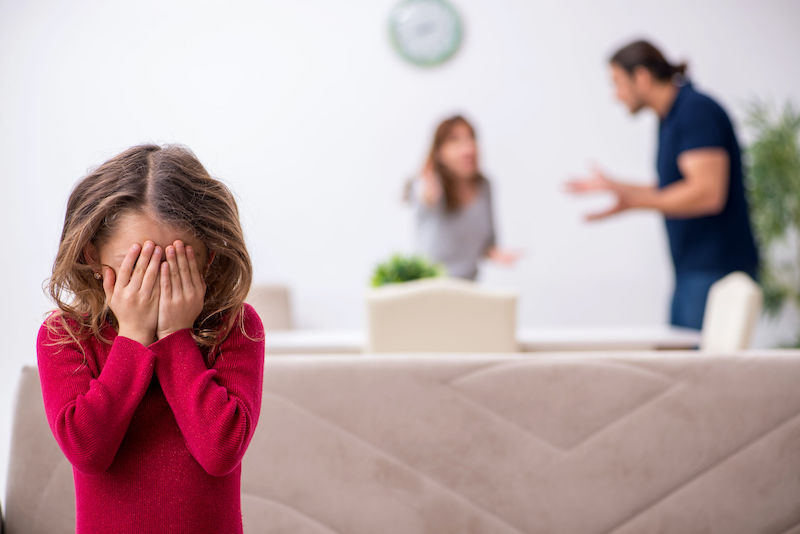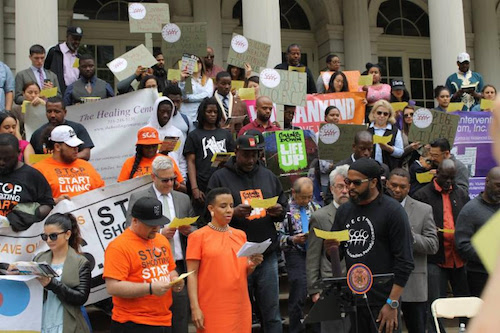We must put children and families first when re-envisioning relations between our communities and the police. For years, we’ve tried to fill massive gaps in available social services by adding to the responsibilities of police. We’ve given the police responsibility for crises for which they lack both training and resources. We are now confronting the long-term problems caused by improperly adding to police functions and responsibilities. As the City begins to consider needed reforms for police accountability and responses to mental health crises, we must also consider needed reforms to our responses to domestic violence crises.
We’ll likely never forget the searing image of a nine-year old girl crying out for help when the Rochester police violently detained her a few weeks ago. We’ve all thought about that young child and cried as we think of her pain and imagine our own children mistreated that way.

But we’ve not given enough thought to why the police were called that day. Before a young child was subjected to pepper spray, the upstate police were responding to a domestic violence call. Six police cars responded to a cry for help from the family. How different would that day have been if the emergency response had been different? What if the first response had been to offer support and care for the family that needed help? The painful mistakes of the Rochester police department 300 miles away highlight the dangers of the current response to domestic violence.
This is the crisis we must address now: improving the way we protect our children and families.
The COVID crisis compounds problems for children and families. During the pandemic, domestic violence has increased behind closed doors. Children and families have been isolated in their homes and most children aren’t leaving their homes for school, instead attending school remotely. Families have had more trouble getting needed services. People who need legal protection have had far greater difficulty gaining access to legal services. Our courthouses have been closed for most of a year, with new proceedings accepted only in limited, emergency circumstances. The COVID crisis and all the harm this has caused makes it more important than ever for us to find a better way for our communities to get services and assistance.
Proposals in the City Council to create a city-wide office of community health and mental health emergency response training and protocols are a really promising first start.
We must also focus on the need to help children and families affected by domestic violence. Every year, the NYPD responds to more than 85,000 complaints relating to domestic violence. Our community suffers disproportionate harm from domestic violence. As one example, Flatbush has more than double the rate of reported domestic violence as nearby neighborhoods in Brooklyn. We need to focus more attention on steps we can take to improve our emergency response to crises affecting children and families.
In the same way that attention has been focused on best practices for emergency responses to mental health crises and policing in our schools, we should use this opportunity to rethink how children and families are protected and nurtured when children are harmed by domestic violence. We should use this moment to expand our thinking about domestic violence services and provide families with different options for accessing protection and services.
The City Council recently unveiled a legislative package to address public safety and police accountability, including proposals to change our city’s response to mental health crises. The City Council’s mental health committee is considering a proposal that would establish a citywide mental health emergency response protocol and ensure proper training and staffing for mental health emergencies. The City Council’s education committee is also considering a proposal that would restore school safety functions to the Department of Education quickly, so that school safety agents will focus on de-escalation, child and youth development, and restorative justice.
In addition to important work relating to our emergency response to mental health crises and school safety issues, we should also use this opportunity to reimagine how children and families affected by violence are helped and protected.
At the one-year mark of the COVID pandemic, the impact of isolation and stress is hard to overstate, especially for children and families. Children and families are deeply affected by remote schooling, disrupted routines, and decreased access to services. Children and families affected by domestic violence are at heightened risk for harm. Now is the time to provide better, more accessible and child-centered services for families affected by domestic violence.
Michael Scherz is a lawyer, community leader, and teacher specializing on issues relating to domestic violence and children and families. He teaches public interest law and social justice advocacy at the Elisabeth Haub School of Law at Pace University.








